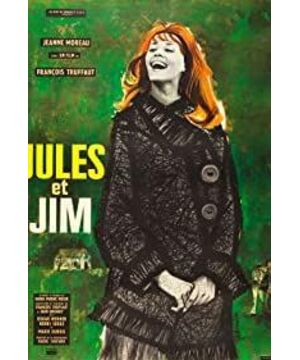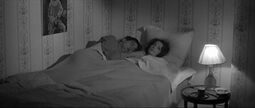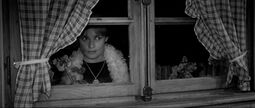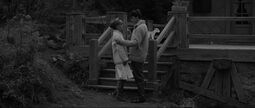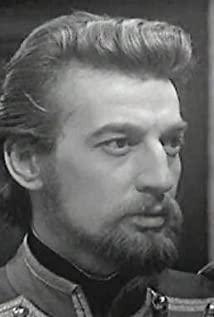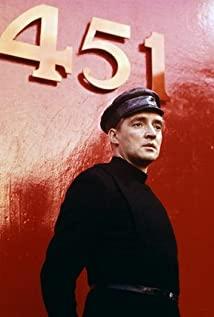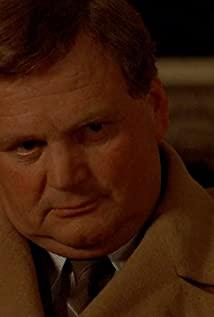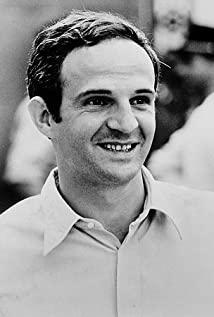The above title is used as the opening remarks of a movie, with a sweet and sweet female voice for this monologue, which has already received a head start effect. This is the French New Wave, this is Truff's "Ancestor and Zhan". You may not have come across this movie, but you should have heard a little, at least a pop song of the same name appeared in Hong Kong. I also listened to Shine's "Ancestors and Zhans" before watching Truff's "Ancestors and Zhans". Like many movie nerds, I got to know the French New Wave from Gundam and Truff, and I was obsessed with Truff's movies for a while during college. Strangely, the first time I watched "Zu and Zhan" was quite unpleasant, mostly because the "romantic" I expected was different from the "romance" that the movie was advertised as, and I didn't like the behavior of the male characters in the story. Disagree. I've been brooding about this because of how much I'm obsessed with Truff's "The Four Hundred Blows"! A few years later, Criterion Collection released a high-definition version of "Ancestors and Zhans". After re-reading it, I realized what love is.
Before Truff became famous, when he was still a film critic, he was already very fascinated by the semi-autobiographical novel "Jules et Jim" by the then unknown French writer Henri-Pierre Roche (1879-1959), and had the idea of turning the novel into a film . The original novel was the love story of Roche when he was young, but it was not until he was seventy-four that he wrote a novel and published it. The product of the intersection of generations. Later, Truffaut also adapted another novel by Roche ("Two English Girls", 1971), but unfortunately it did not have the echoes of "Zu and Zhan".
Fifty years later, when I look back at "Ancestors and Zhan", it is still young, charming and full of vitality. This is the charm that young talents can capture. It's only Truff's third feature film, and it's full of new and interesting ideas. Behind the title producer list, the whole story has been previewed scene by scene, which is only clear at a glance when rewatching it. Isn't that right, the narration of Zu Yuzhan's appearance was introduced at the beginning, maintaining a fast but flat tone, and audiences who do not know French or read subtitles, I believe they can only re-read it over and over again to fully digest the content. Just like this, new things float on the screen every time you revisit, and the image of the movie takes on a new look every time. This is a testament to the director's trust in his audience, and it is also the reason why "Zu and Zhan" is enduring. Raoul Coutard's photography is very lively, moving the lens, suddenly fixing the lens, showing the flexibility of the control camera to the fullest, and at the same time inspiring many followers. What I have to mention is the melodious soundtrack of Georges Delerue, the catchy and lively rhythm, lingering on the triangular relationship on the screen, a perfect match! The scene where the heroine Jeanne Moreau sings "Le Tourbillon" ("The Whirlwind") on the guitar, fascinates the men and women in front of the screen.
The story spans more than two decades and begins when ancestor Jules (Oskar Werner) meets Jim (Henri Serre). At the beginning of the 20th century, the Austrian writer Zu and the French lived a Bohemian life, and art was inseparable from their conversations. Their preferences were often the same, but there was no fixed female partner. Until they meet the goddess Catherine (Jeanne Moreau), who is consistent with the charm of Greek sculpture, Zu and Zhan are fascinated at the same time. Especially Zu, who made it clear to Zhan early in the morning, "But not this one, Jim. Okay?" . In front of Catherine, Zhan treats him only as a friend. Catherine is naughty and active, she will dress up as a man and go to the street, racing with Zu and Zhan on the bridge; the three will go on a bicycle outing together and count the traces of civilization on the grass. This is the best time for the three of them. Edited by Claudine Bouché, the first part is refreshing and comedic. The scene in which Catherine appeared was astonishingly powerful from the photo editing alone.
Good times don't last, and the First World War breaks out. Zu and Zhan were recruited by their motherland, and they were most worried about killing their friends by mistake on the battlefield. Many years after the armistice, when Zhan found Zu and Catherine, they were married and had a daughter. The three meet again, but they are no longer as innocent as they used to be. Zu's marriage was not happy, Catherine was not satisfied with the comfort of starting a family, and went abroad to find happiness. She ran away from home for half a year. Zhan and her were attracted to each other and became more intimate. In order to keep her, Zu allowed the three of them to live together. The continuation of the plot can only be explained as a ghost, and Zu and Zhan are equally unable to extricate themselves. The relationship between the three became more and more complicated. In the end, there were guns, cars, and broken bridges, which was also a tragedy.
In modern movies, Catherine will inevitably be labeled as mentally ill. A fan of the authorities, I can never understand this tragedy born of love, I can never understand this woman, and the unpleasantness comes from it. Maybe this is a non-Hollywood romance. Love is accompanied by real pain. Going to Huangquan together and turning into butterflies is eternal. "Zu and Zhan" makes me love and hate, but in the end I always love a little more.
View more about Jules and Jim reviews


